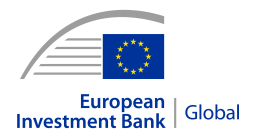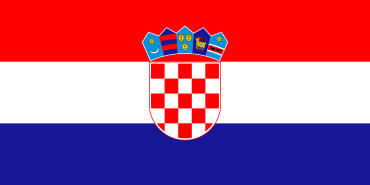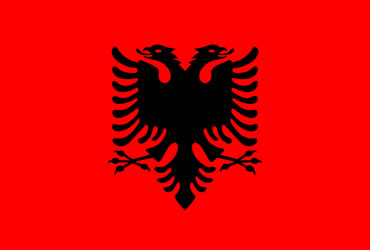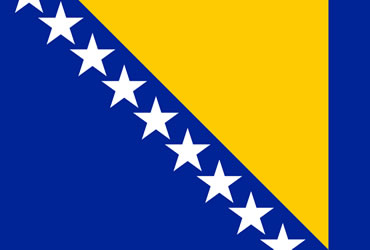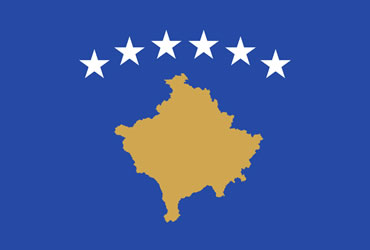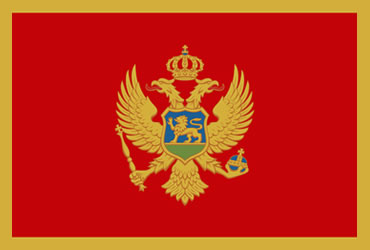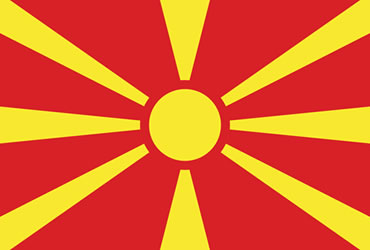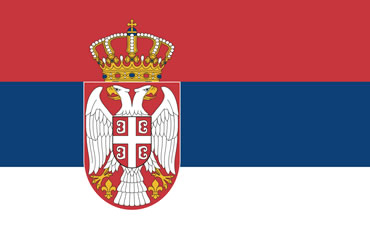
Connecting the dots …
The EU’s Economic and Investment Plan invests billions of euros invested in major infrastructure projects across the Western Balkans.
A large proportion of support goes to transport and energy projects as a cornerstone for the region's development. However, the path towards realising these projects is fraught with challenges, necessitating adherence to EU standards and bolstering capacity.
Enter CONNECTA, the Technical Assistance to Connectivity in the Western Balkans programme, a vital support system behind the scenes ensuring these multi-million-euro infrastructure endeavours come to fruition.
CONNECTA Technical Support
CONNECTA provides 'rapid response' technical support, facilitating the kick-start or finalisation of major projects.
This includes updating and improving feasibility studies and designs, as well as enhancing existing Cost-Benefit Analyses (CBAs) and Environmental and Social Impact Assessments (ESIAs).
The programme places particular emphasis on the final phases of infrastructure project preparation, streamlining processes for efficient implementation.
Story of North Macedonia Rail Corridor VIII
Investment has been approved for sections from Kumanovo to the Bulgarian border, that would extend TEN-T Corridor VIII from Italy to the Black Sea. This has been a long-running ambition that has been attempted several times over the last three decades. By the time it came to work on the section from Kriva Palanka to the Bulgarian border crossing at Deve Bair, the environmental and social requirements had evolved significantly. CONNECTA stepped in to do a full review of what existed and what was missing compared to EU environmental standards and carried out the necessary analyses. This included an additional Environmental and Social Impact Assessment, Biodiversity Management Plan and Stakeholders Engagement Plan. The detailed design documents were also reviewed to ensure they complied with European standards and were compatible with international tender requirements.
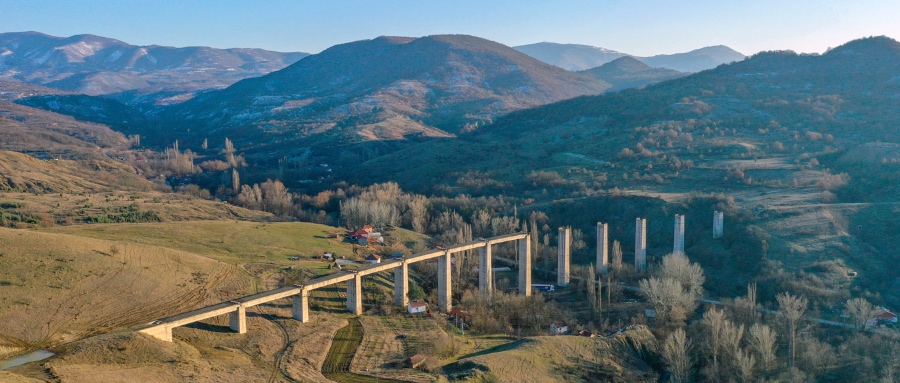
Support for transport reforms
CONNECTA isn't just about project support; it's intricately linked to the broader growth plan and reforms within the Western Balkans. By focusing on transport connectivity reform measures, the programme aligns with national and regional reform agendas. Priority is given to preparatory work and the execution of these reform measures, ensuring that projects align seamlessly with overarching development goals.
One such study performed an audit of high-risk sections of the road networks in Western Balkans, inspecting 580 km across all six beneficiaries. A follow-up project prepared detailed designs for the highest risk road hazards. This ultimately is expected to improve road safety conditions, reducing fatalities and serious injuries.
Past Achievements
In its initial phase, CONNECTA has already left a mark, with 30 implemented sub-projects under its belt. Notable accomplishments include technical assistance for the electrification of the Albanian railways,including preparation of Preliminary (Tender) Design for the “Vore-Hani I Hotit” and revision of the Preliminary Design for electrification and update of Tender documentation for Tirana – Durres – Rinas railway lines. Support was also provided for setting up Intelligent Transport Systems across the Western Balkans and establishing an electronic queuing management system (e-QMS) on selected road border crossing points on the indicative extension of TEN-T network in the Western Balkans (Corridor X).
Looking ahead with CONNECTA 2
As CONNECTA 2 kicks into gear, opportunities abound for Western Balkan beneficiaries seeking support for their infrastructure projects in digital future, clean energy and sustainable transport sectors.
In conclusion, CONNECTA stands as a vital linchpin in the realisation of major infrastructure projects across the Western Balkans. By providing technical assistance, fostering reform, and delivering tangible results, it plays a pivotal role in shaping the region's future connectivity landscape. As the programme continues to evolve and expand its reach, the path towards a more integrated and prosperous Western Balkans becomes increasingly clear.
